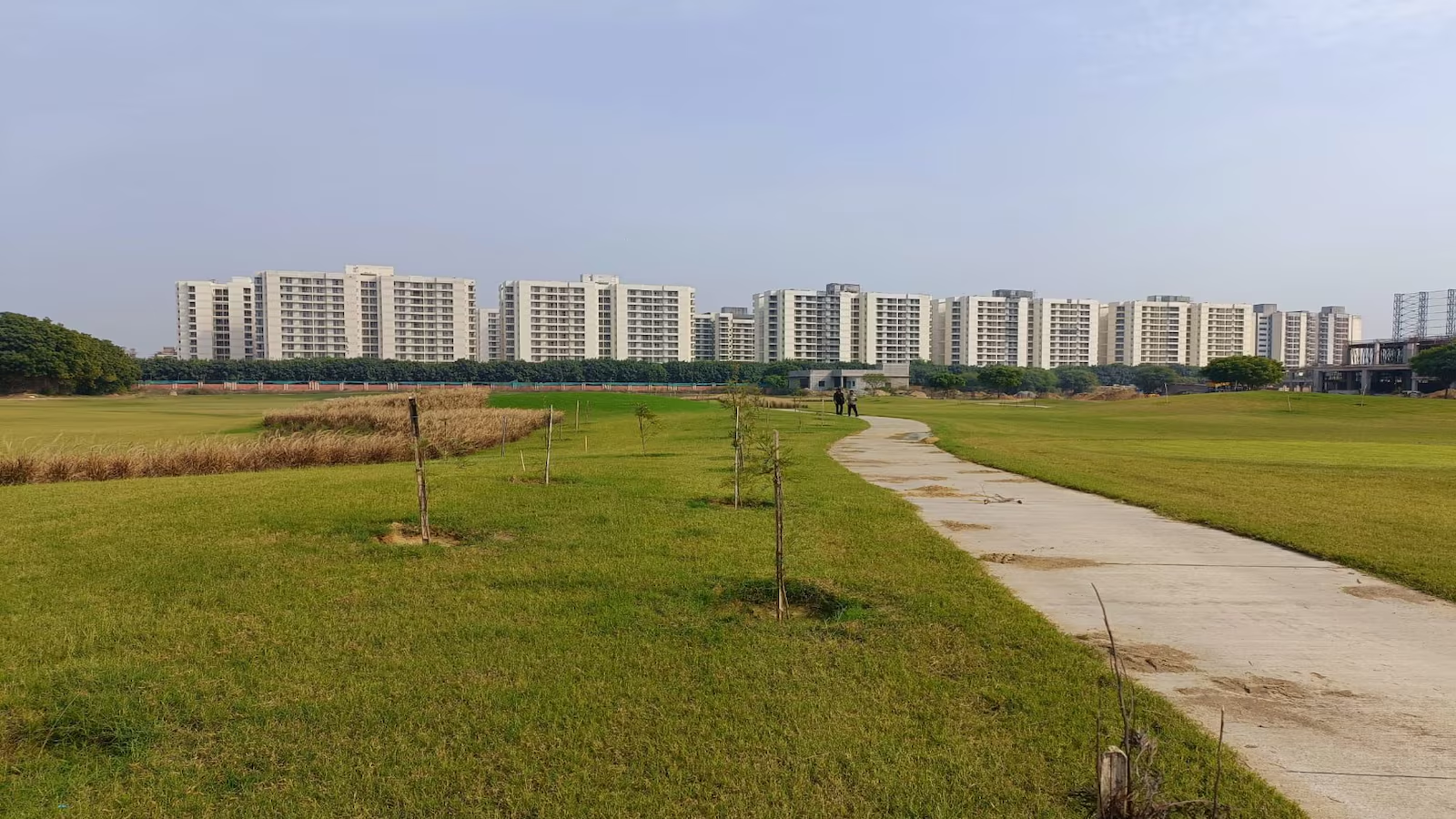Guest Column
The state of real estate


Although the real estate sector is witnessing headwinds in the form of limited availability of land, lower sales, high interest rates and inflation, the investment scenario is likely to improve with benefits of the recent regulatory announcements, writes Sachin Sandhir.
It is expected that the Indian economy will have a subdued growth during the second half of the year given the existing inflationary pressures, large fiscal deficit and continued rupee depreciation. Amidst global economic slowdown, primarily as a consequence of fiscal measures applied by the US and Eurozone’s continuing debt crisis, India’s growth forecasts too have been revised. The International Monetary Fund (IMF), a multilateral global lender, on 9th July published its updated forecasts predicting that the world economy, including that of India, will grow at a slower pace than what it had expected in April this year. These events have been affecting the policy stimulus in the country, specifically in the real estate sector, which is already witnessing headwinds in the form of limited availability of land, lower sales, high interest rates and inflation.
However, it must be kept in mind that current uncertainties of the market are likely to remain for short to medium term. The situation is bound to improve, given the recent monetary and regulatory measures taken by the government and the policy makers to revive the economy.


Private equity (PE) investments in real estate in the April-June quarter rose in value to $318 million, an increase of 85% over $172 million raised by real estate companies from PE investors in the corresponding quarter last year. But on a sequential basis, there was a drop from $569 million the companies raised in Jan-March quarter. PE investors invested in 13 companies in the June quarter of this year as against six in the corresponding quarter last year. However, in value terms, PE-real estate investments in the first six months of 2013 are still low as compared to the investments in the corresponding period in 2012.
PE firms are now finding it difficult to raise capital from institutional and individual investors alike, as most funds are faltering on returns. While diminished returns are prompting international investors to stay clear of the market most of the capital is finding its way into the sector through domestic capital. However, it is expected that the investment scenario will improve as the year progresses with the benefits of the recent regulatory announcements.
Commercial real estate too is witnessing similar trends. Slow growth, poor absorption and an oversupply has put developers into a situation where they are forced to go for better selling asset. Thus we see such examples, where developers are either reformatting their commercial project into a residential project or are looking for an exit—a trend shown by the RICS India Commercial Property Survey Q1, 2013.
While the market is tough, increasing the efficiency and transparency will boost confidence of investors and buyers. Recent move by the government to open multi-brand retail to FDI will go a long way in strengthening organized retail in the country. FDI in retail will be a powerful vehicle in bringing the retail sector on the trajectory of the much needed growth. This will have a positive spillover on real estate. With multi-brand retailers entering the market, retail property will witness renewed demand and uptake along with improved investor confidence in the sector.
It is also necessary to improve the levels of transparency. Understanding this, the government is keen to bring in the much needed Real Estate Regulatory Authority as per the draft Real Estate (Regulation and Development) Bill 2013 that has been cleared by the cabinet. It is likely that the parliament will clear the Bill within the Monsoon session. While the bill is not flawless, it is certainly a step in the right direction. Regulatory framework in the country will generate more confidence among investors, who would then infuse more capital for growth.
As we move ahead, the industry needs to be cautious and productive to maintain the growth momentum. Going forward it is advisable that industry focuses on achieving operational efficiencies to improve construction productivity, delivery of projects in hand with the help of technological advances and commitment to improve delivery capabilities including enhancing the skills of existing manpower. Only then can we ward off the uncertainties of the market.
(The writer is the managing director of RICS South Asia)
-



 News3 weeks ago
News3 weeks agoKW Delhi 6 Mall Onboards New Brands
-



 News4 weeks ago
News4 weeks agoManasum Senior Living Launches IKIGAI GOA, A Senior Living Community in North Goa, in collaboration with Prescon Homes
-



 News2 weeks ago
News2 weeks agoGodrej Properties Sells Rs 3k cr+ Homes of Godrej Zenith, Gurugram, within 3 days
-



 News4 weeks ago
News4 weeks agoBridging India Divide: Top 5 Tier- 2 Cities to Focus On
-



 News3 weeks ago
News3 weeks agoCommercial Realty Gets Tech Savvy: Fast Construction, Enhanced Convenience
-



 News4 weeks ago
News4 weeks agoMultipoint Connection – A Definite Boon
-



 News3 weeks ago
News3 weeks agoRBI’s Status Quo on Key Policy Rates to Help Maintain the Real Estate Growth Momentum, Say Industry Stalwarts
-



 News1 week ago
News1 week agoOlive Announces Dhruv Kalro as Co-Founder





















